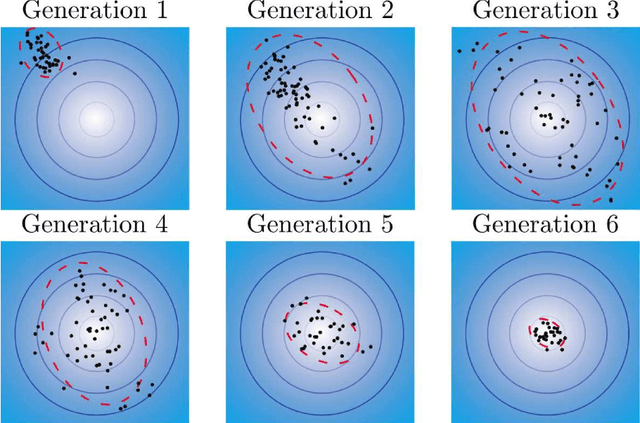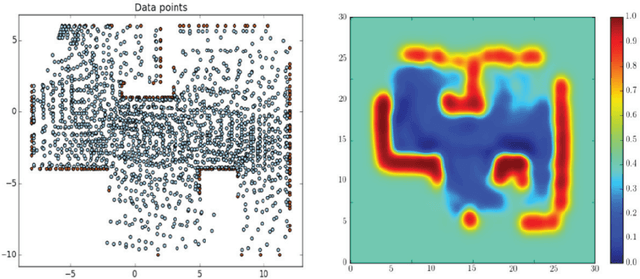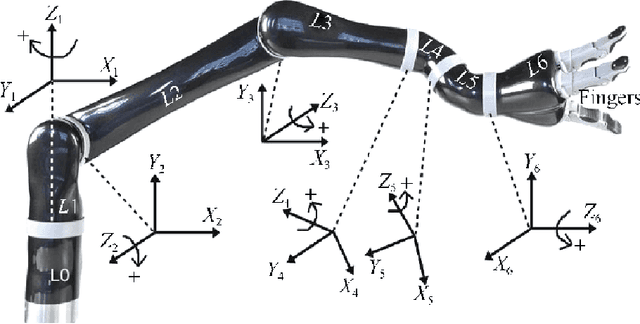Learning to Represent Surroundings, Anticipate Motion and Take Informed Actions in Unstructured Environments
Paper and Code
Jul 15, 2024



Contemporary robots have become exceptionally skilled at achieving specific tasks in structured environments. However, they often fail when faced with the limitless permutations of real-world unstructured environments. This motivates robotics methods which learn from experience, rather than follow a pre-defined set of rules. In this thesis, we present a range of learning-based methods aimed at enabling robots, operating in dynamic and unstructured environments, to better understand their surroundings, anticipate the actions of others, and take informed actions accordingly.
* Weiming Zhi's PhD thesis, arxived here
 Add to Chrome
Add to Chrome Add to Firefox
Add to Firefox Add to Edge
Add to Edge